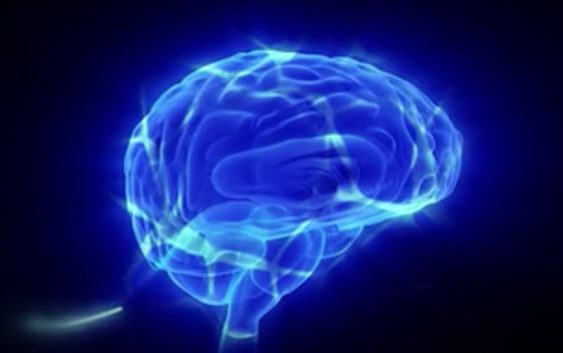Habits, Beliefs and Triggers

Thinking about what could be sabotaging your success. .
What habits, beliefs and triggers could be affecting your healthy eating plans? If you’ve tried numerous diets, without long term success, keep on putting the weight back on, then it might mean that your mind isn’t in sync with your health plans.
These are some of those:
HABITS
Our mind is clever in that it creates patterns of behaviour, so that we don’t have to process the information and actions consciously every time, and so saves us energy.
An example is driving a car – once we’ve learnt the pattern, we don’t have to think about every move of the pedals, steering wheel and our position in the road and in relation to other cars.
Once it becomes a pattern and becomes unconscious, it can often be difficult to explain to someone else what we do and how to do it. Try explaining how to tie a shoe lace!
We form habits by recognising a benefit and reward from the same action, time and time again. Once we are convinced that same benefit will be seen each time, we create the habit – “if this happens, then do that..”
BELIEFS
Beliefs are those things that you’ve decide are true for you. And they can be positive (eg, I’m great at cooking), or they can be negative (I’m useless at baking cakes).
Normally, when we believe we can do something (let’s take as an example, “I’m very organised”), we notice the things that prove to us that that belief is true and we tend to ignore, or reduce the significance of, the things that may prove otherwise. You re-enforce the belief and put yourself in more situations to continue to prove that. The more times you see it, the more powerful the belief. Great for positive beliefs.
But the same goes with negative beliefs, where we have a tendency to concentrate on the things that prove they’re true and we can hear ourselves saying “see, I told you so, I am useless at such and such”.
Have you ever considered how your beliefs could be affecting your behaviour?
TRIGGERS
Triggers are the cues which make us think about food, even when we’re not physically hungry. These can be emotional, sensory, to provide a solution to a different problem, or to do with our personal self-talk. Once these triggers are in our mind, it can be difficult to stop thinking about them!
- Emotional: this can be in response to anxiety, stress, sadness, loneliness and boredom. We also like to connect and share experiences with other people, so may eat differently (or more) when out with others.
- Sensory: We may see a TV advert, walk passed a bakers and smell bread, hear others talking about a particular food, read a restaurant menu and want to allow ourselves a particular treat.
- Solution: Getting up from your desk to get a snack can actually be a way making yourself take a much needed break.
- Self-talk: we may have negative thoughts sabotaging our success, such as telling ourselves off for lack of willpower.
Sometimes our thoughts about our health plans can feel overwhelming. By writing these habits, beliefs and triggers down, it gets them out of your head and onto paper where you can have the chance to review them. You can work out whether they are constructive or whether they are causing your anxiety. Once you know that, you have a choice about what to do next.
You can also attend one of the SmallerKnickers Workshops, to obtain more details and support so that you can achieve long term success.
